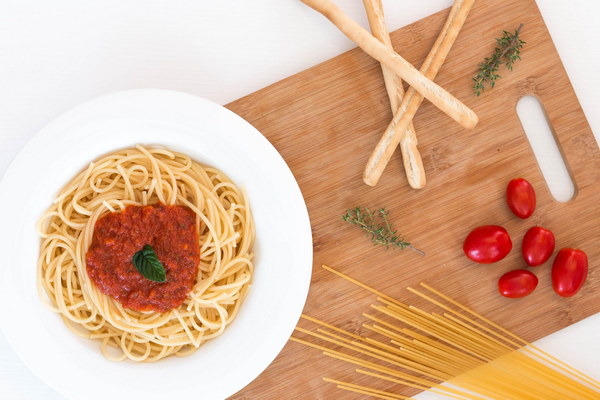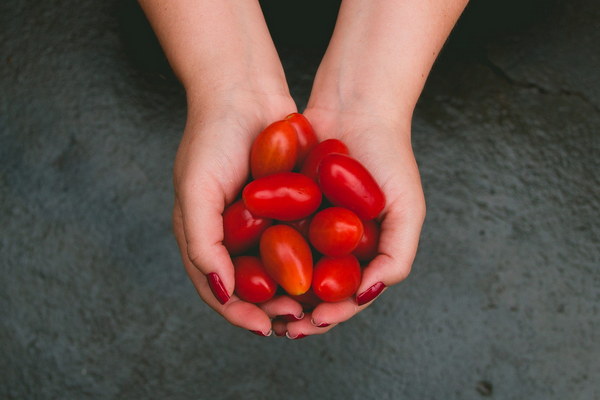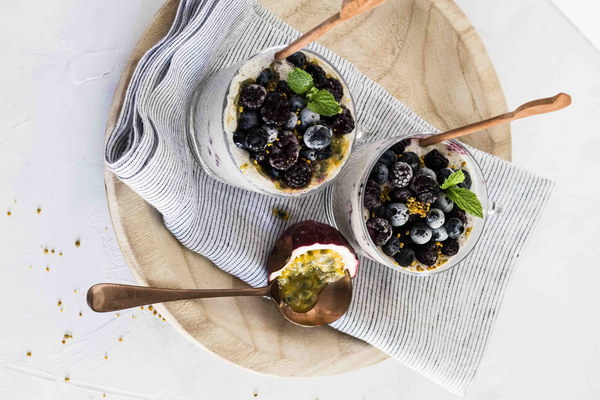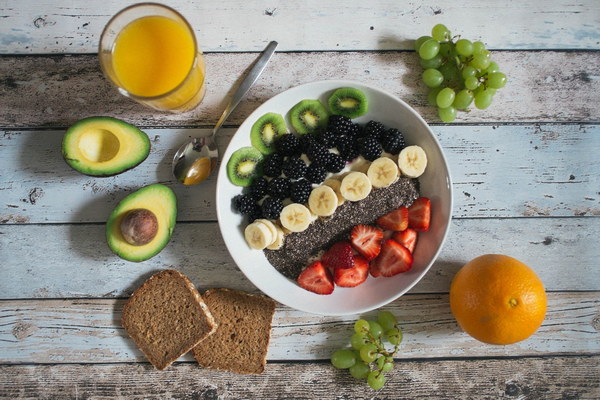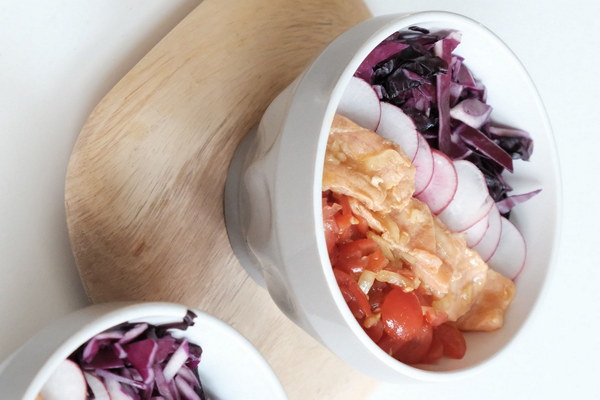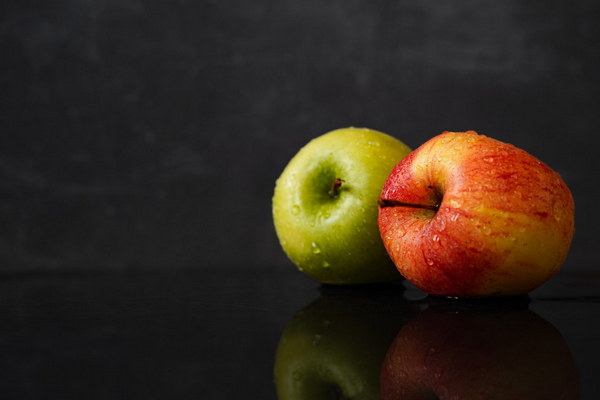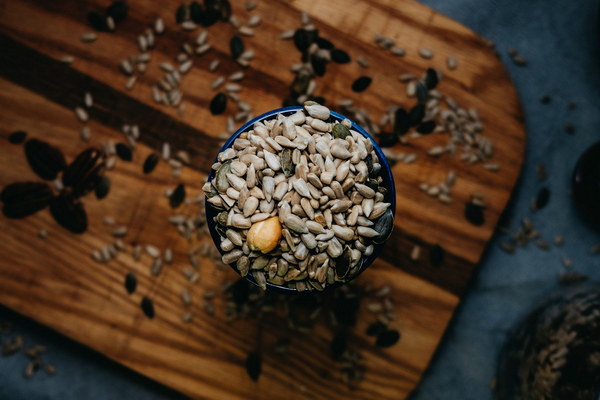Dietary Remedies for Gout Sufferers A Comprehensive Guide to Alleviating Pain and Inflammation
Gout is a form of arthritis that causes intense pain and inflammation in the joints, primarily the big toe. It is a result of the buildup of uric acid crystals in the joints, leading to a range of symptoms that can significantly impact a person's quality of life. While medication is often necessary to manage gout, dietary changes can also play a vital role in alleviating symptoms and preventing future flare-ups. This article provides a comprehensive guide to dietary remedies for gout sufferers, offering valuable insights into the foods they should include and avoid in their diets.
Foods to Include in a Gout-Friendly Diet:
1. Fiber-Rich Foods: High-fiber foods, such as fruits, vegetables, and whole grains, can help lower uric acid levels. They also aid in digestion and can help reduce the risk of kidney stones, a common complication of gout.
2. Low-Fat Dairy: Low-fat dairy products, such as milk, cheese, and yogurt, can help lower uric acid levels. They are also rich in calcium, which can help reduce the risk of gout attacks.
3. Fish and Poultry: Certain types of fish, such as salmon, trout, and herring, are high in omega-3 fatty acids, which have anti-inflammatory properties. Poultry, especially chicken and turkey, can also be included in a gout-friendly diet.
4. Water: Adequate hydration is crucial for gout sufferers. Drinking plenty of water can help flush uric acid from the body, reducing the risk of kidney stones and gout attacks.
5. Berries: Berries, such as strawberries, blueberries, and raspberries, are high in antioxidants and can help reduce inflammation. They are also low in purines, which are compounds that can increase uric acid levels.
Foods to Avoid in a Gout-Friendly Diet:
1. High-Purine Foods: High-purine foods, such as red meat, organ meats, and seafood, can trigger gout attacks. These foods are rich in purines, which are broken down into uric acid in the body.
2. Alcohol: Alcohol, especially beer and spirits, can increase uric acid levels and trigger gout attacks. It is best to limit or avoid alcohol entirely.
3. Sugary and Refined Carbs: Foods high in sugar and refined carbohydrates, such as candy, baked goods, and sugary drinks, can increase uric acid levels and contribute to inflammation.
4. Saturated Fats: High-saturated fat foods, such as butter, cheese, and red meat, can increase inflammation and contribute to gout attacks.
5. Caffeine: While some studies suggest that caffeine may not directly cause gout attacks, it can increase uric acid levels in some individuals. It is best to limit or avoid caffeine, especially if you are sensitive to it.
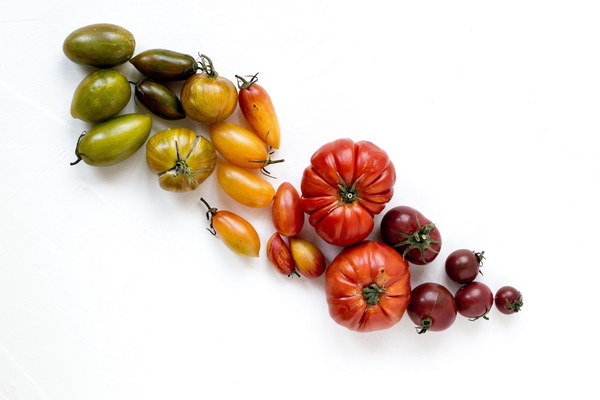
Additional Tips for Gout Sufferers:
1. Moderate Portion Sizes: It is important to maintain a balanced diet and avoid overeating. Portion control can help manage uric acid levels and prevent gout attacks.
2. Regular Exercise: Regular physical activity can help control weight, reduce inflammation, and improve overall health. Consult with a healthcare professional before starting any new exercise regimen.
3. Monitor Uric Acid Levels: Keeping track of your uric acid levels can help you identify potential triggers and adjust your diet accordingly.
4. Seek Professional Advice: It is always best to consult with a healthcare professional or a registered dietitian when making significant changes to your diet. They can provide personalized advice based on your specific needs and health conditions.
In conclusion, dietary changes can significantly impact the management and prevention of gout attacks. By incorporating gout-friendly foods and avoiding high-purine and inflammatory foods, individuals with gout can alleviate symptoms, reduce the risk of flare-ups, and improve their overall quality of life. Remember to seek professional advice to develop a personalized diet plan that meets your unique needs.
